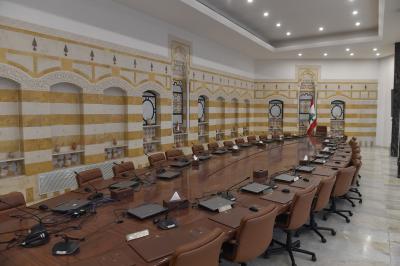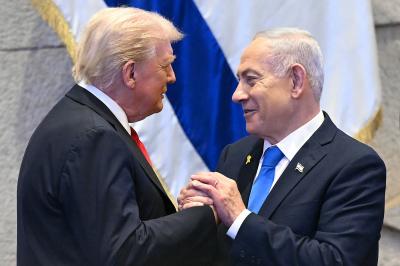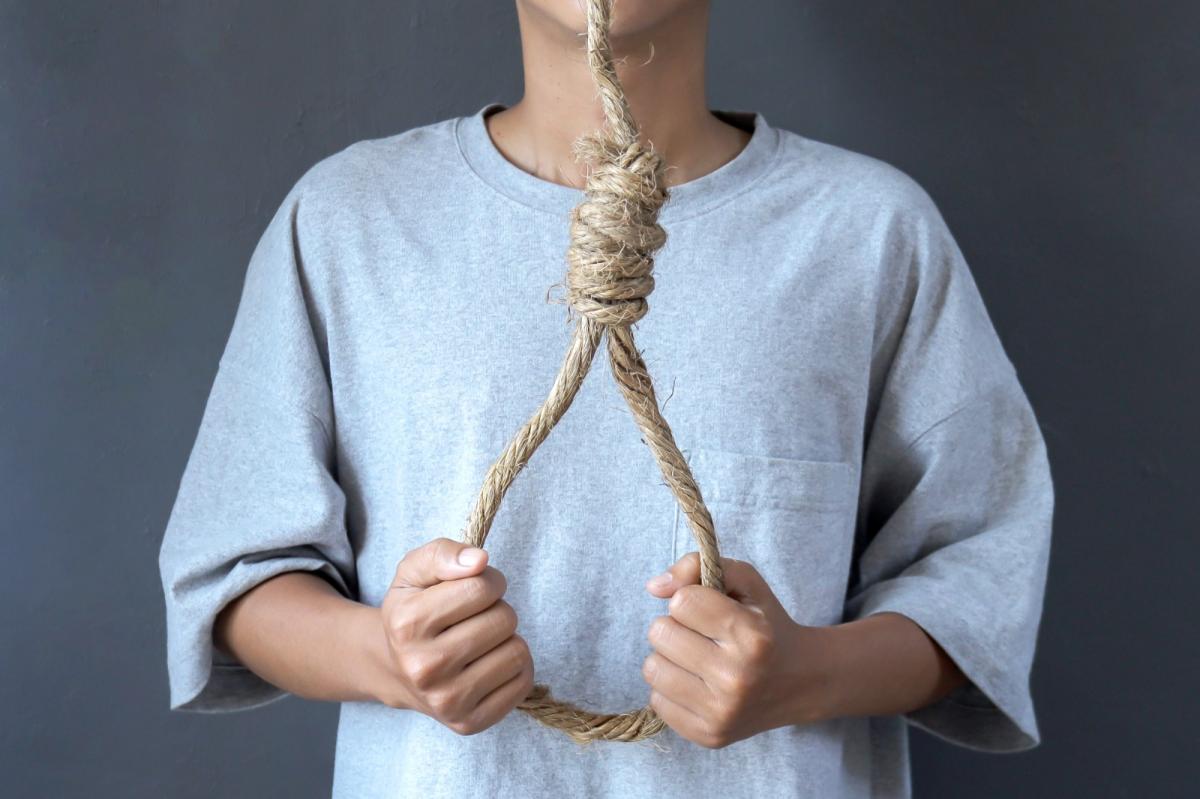On Tuesday, August 26, U.S. President Donald Trump reignited a sensitive and highly controversial debate: the reinstatement of the death penalty in the U.S. capital, Washington D.C. According to the French daily Le Figaro, Trump stated that the death penalty would be “strongly deterrent” against serious crimes, particularly murders. This statement is part of a series of tough security measures introduced by the president to combat violence in the city.
A step backward?
The death penalty has been abolished in Washington since 1981. Since then, no executions have taken place in the capital. In 1992, an attempt to reintroduce it was made following a particularly shocking murder—that of a congressional aide. A referendum was held, and the result was clear: voters, mostly Democrats, rejected the proposal, putting an end to the initiative.
Why this announcement now?
President Trump’s statement comes amid rising tensions over safety in Washington. In recent months, several violent incidents have made headlines in local media, and crime remains a concern for residents. Trump recently ordered the deployment of the National Guard to the capital, tasked with “ridding the city of its violent gangs.” For him, reinstating the death penalty fits into his "zero tolerance" strategy against violence.
What are the obstacles?
The president cannot directly change Washington D.C.’s local laws, as the city has its own local government, although its autonomy is still limited by the federal Congress. However, Trump could try another approach: changing federal law. Indeed, federal crimes can be prosecuted under federal law, and the death penalty remains legal at that level for certain offenses (such as terrorism or the murder of federal officials). By amending these laws, he could allow capital punishment to be applied in specific cases within Washington D.C., partially bypassing the local ban.
A political move above all?
Many analysts believe this announcement is also a strong political message to his voter base. Trump aims to position himself as the president of law and order, in contrast to Democrats, who are often seen as more progressive on judicial matters. The issue of the death penalty remains deeply divisive in the United States. Some see it as a just punishment for the most serious crimes, while others denounce it as inhumane, costly, and prone to judicial errors.
Reinstating the death penalty in Washington remains highly uncertain, given the legal and political obstacles. But President Trump’s announcement has reignited the debate on how to fight crime in major American cities. More than a concrete legal reform, this statement fits into a broader political communication strategy aimed at appealing to part of the public that values toughness and law enforcement.
Please post your comments on:
[email protected]
 Politics
Politics













